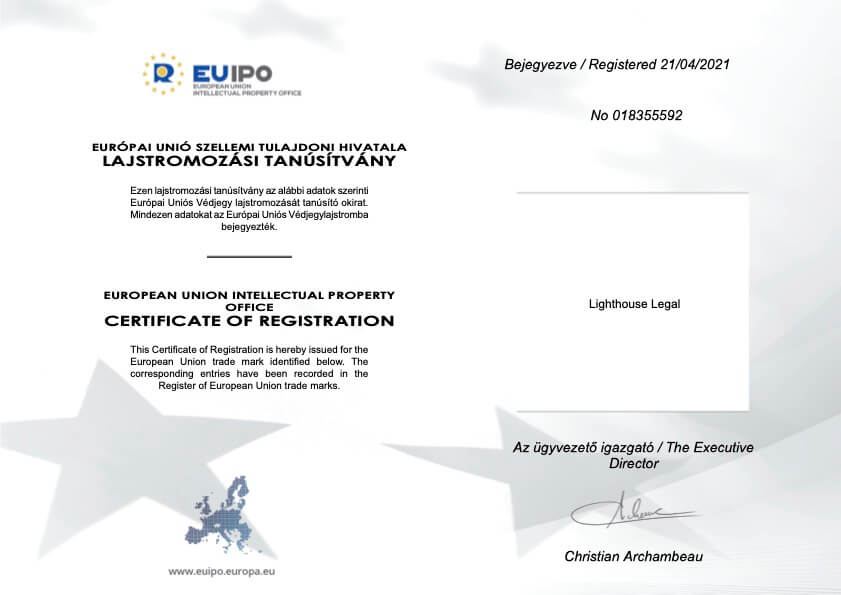
Property cases often take many years until resolved.
This can cause problems because of changes in the rules of the land registry over time.
In our case, the occupancy permit issued earlier at the time the construction was completed was no longer sufficient for the registration of the previous extension in the Land Registry because the law had changed in the meantime, and the required content of the document necessary for registration had changed.
The legislation continued to change, and the different authorities all sent the applicant (our client) to other authorities to obtain an official certificate of the completion of the extension.
However, in the absence of the registration of the extension, the notional share of ownership belonging to the privately owned apartment in the condominium unit was inaccurate, so the condominium could not claim operating charges from the apartment owner as it would have been entitled to in reality.
Finally, legal action was brought against the competent authority for failure to issue an official certificate. Eventually, in reaction to the commencement of the lawsuit, the authority 'changed its mind' and issued the official certificate, which was within its competence to give by law.

